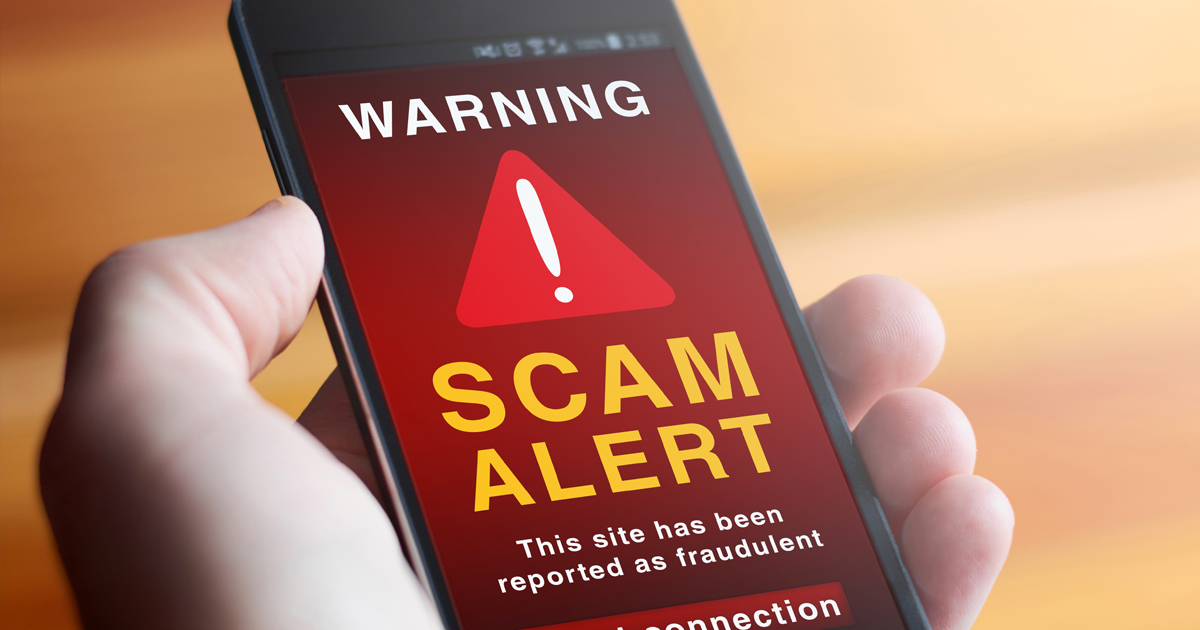Keep your guard up, don’t get burned when selling online
Apps like Venmo, PayPal, and Zelle make payments far easier than writing a check. Even banks are encouraging customers to ditch check writing for digital payments. With more than seven billion digital transactions processed globally each year, digital payments have become a target-rich environment for scammers.
Here’s what to watch out for as you wade deeper into the world of digital payments:
Fraudulent payments
If you sell items through online sites such as Craigslist or Facebook Marketplace, you open yourself up to fraud if you accept mobile payments. A scammer will offer to pay you with Venmo. You accept the payment and ship the item. A day later, your bank notifies you the payment was reversed because the scammer used a stolen credit card, leaving you without the money or the item you sold.
Key Takeaway: Don’t ever accept a digital payment from someone you don’t know or trust.
Canceled payments
Along similar lines, a scammer makes a payment using PayPal knowing that it takes a couple of days to process the transaction. You may even receive notification of the payment, but the scammer still has time to cancel it before the funds hit your account. By then, the scammer is in the wind.
Key Takeaway: Don’t use debit cards to link your app to your bank account because they don’t offer fraud protection. As the first and last line of defense against fraudulent digital payments, you should avoid accepting digital payments for products purchased online from someone you don’t know.
If you think you’ve been scammed by a digital payer, contact the Federal Trade Commission. Alpine Bank customers can also report fraud here.

